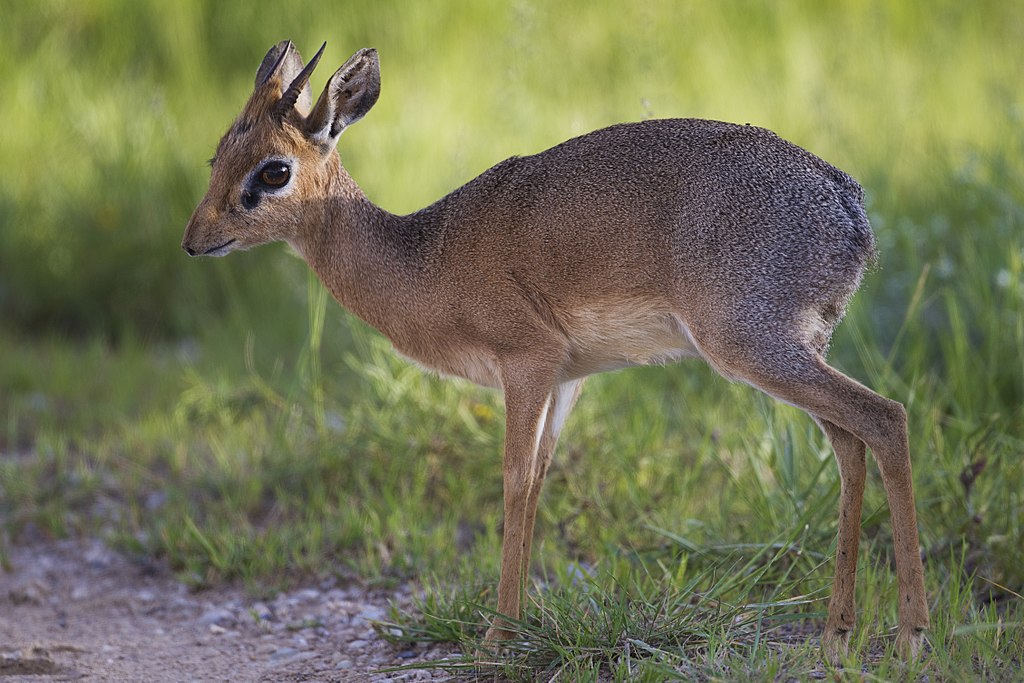EMISIRO KY'ABAKHOONE (TABOOS AMONG ABAKHOONE)
Abakhoone people have a number of taboos.
1. Omusiro okwa indeke
Among abakhoone, it is a taboo to tie each other an ankle bell (indeke). Indeke can be used, but only when a person can tie it him/herself. The question is why?
The reason for this is that in 1800 during the great war of dispersion (Esiadikho), the abakhoone were running away from their enemies (abanyala). Since some of them had young children, they could not travel far away. Instead they simply hid in the nearby bushes, forests or papyrus swamps for protection.
Those days it was a tradition to tie ankle bells on children to scare away evil spirits. Therefore when they were in their hideouts, the little children could move about and in the process, the ankle bell could jungle thereby revealing their hideouts to the enemies. As a consequence, the enemies followed the sound of the jingles and killed the bakhoone people who were hiding in various places. The abanyala were simply killing anything, women, children, the sick and the disabled as long as they were abakhoone.
The slaughter on this day was so bad that abakhoone vowed never to wear an ankle bell again as a taboo.
2. This similarly applies to abakhoone of the house of abakhtatimbo, abang'ang'a and other houses of abakhoone who do not each a cockerel as a taboo. It is because on the night of the day abakhoone were defeated in the war of Esiadikho, some went into hiding with their livestock. However, at dawn, as a usual their cockerels started to crow revealing to their enemies, abanyala, their hideout which to the enemies following them and killing them.
3. Omusiro kw'ajili
In English, Ajili is called dikdik. In most African societies, with a tradition of royalty, the small antelopes such as dikdik or the West African royal antelopes (a species of dikdik) is considered the king of deer or "the king of the harts" in old English. ("Hart" means "deer"). In other words, ajili or dikdik was the animal of the representation of the king and it was not supposed to be killed by anyone. For example, a similar tradition is observed among the Wanga people who do not eat a species of antelopes called the water-buck (imbongo in luhya). Even among the abakhoone in Bungoma, an antelope is not eaten by abakhoone. It is my suspicion that abakhoone in Bungoma carried with them this taboo against eating dikdik which was a representation of the king himself and transferred it to all antelopes. That is why they normally swear
 Dikdik (Ajili as it is known among abakhoone): the king of harts.
Dikdik (Ajili as it is known among abakhoone): the king of harts.
1. Omusiro okwa indeke
Among abakhoone, it is a taboo to tie each other an ankle bell (indeke). Indeke can be used, but only when a person can tie it him/herself. The question is why?
The reason for this is that in 1800 during the great war of dispersion (Esiadikho), the abakhoone were running away from their enemies (abanyala). Since some of them had young children, they could not travel far away. Instead they simply hid in the nearby bushes, forests or papyrus swamps for protection.
Those days it was a tradition to tie ankle bells on children to scare away evil spirits. Therefore when they were in their hideouts, the little children could move about and in the process, the ankle bell could jungle thereby revealing their hideouts to the enemies. As a consequence, the enemies followed the sound of the jingles and killed the bakhoone people who were hiding in various places. The abanyala were simply killing anything, women, children, the sick and the disabled as long as they were abakhoone.
The slaughter on this day was so bad that abakhoone vowed never to wear an ankle bell again as a taboo.
2. This similarly applies to abakhoone of the house of abakhtatimbo, abang'ang'a and other houses of abakhoone who do not each a cockerel as a taboo. It is because on the night of the day abakhoone were defeated in the war of Esiadikho, some went into hiding with their livestock. However, at dawn, as a usual their cockerels started to crow revealing to their enemies, abanyala, their hideout which to the enemies following them and killing them.
3. Omusiro kw'ajili
In English, Ajili is called dikdik. In most African societies, with a tradition of royalty, the small antelopes such as dikdik or the West African royal antelopes (a species of dikdik) is considered the king of deer or "the king of the harts" in old English. ("Hart" means "deer"). In other words, ajili or dikdik was the animal of the representation of the king and it was not supposed to be killed by anyone. For example, a similar tradition is observed among the Wanga people who do not eat a species of antelopes called the water-buck (imbongo in luhya). Even among the abakhoone in Bungoma, an antelope is not eaten by abakhoone. It is my suspicion that abakhoone in Bungoma carried with them this taboo against eating dikdik which was a representation of the king himself and transferred it to all antelopes. That is why they normally swear
"Omukhone – Omwalie Omusilambongo, Owambukha
Njoya Khumufunje wakwa engelekha khuluusi [Omukhone express allegiance to
Bamwalie, does not dine on antelope meat, he came to current Bukusuland by
making a rope bridge....and landed to the other side on a thread."
 Dikdik (Ajili as it is known among abakhoone): the king of harts.
Dikdik (Ajili as it is known among abakhoone): the king of harts.
Comments
Post a Comment